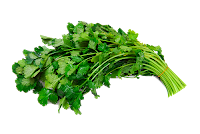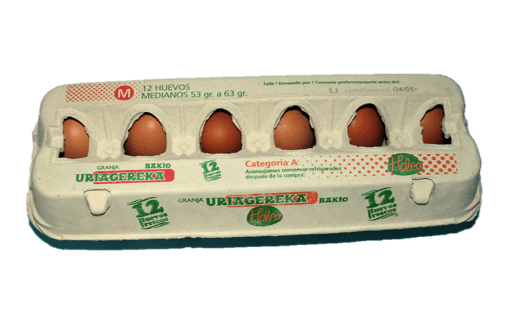LESSON 1. GOING TO
Another way (in addition to will+ the simple form of the verb) to express the future tense is to use the appropiate form of to be going to and the simple form the verb. The contracted forms are generally used.
+
|
-
|
?
|
|
I
|
´m (am) going to
|
´m (am) not going to
|
Am I going to…?
|
We/You/They
|
´re (are) going to
|
Aren´t (are not) going to
|
Are we/ you/ they going to…?
|
He/She/ It
|
´s (is) going to
|
Isn´t (is not) going to
|
Is/he/ she it going to…?
|
The contracted forms are usually used in spoken English.
It´s going to be a cold winter.
He isn´t going to retire next year.
Use be going to express a personal or impersonal intention (a strong wish to do something in the future)
Impersonal intention
Spain and Morocco are going to build a tunnnel.
Personal intention
We´re going to visit Peru next summer,
Use the present continuous for fixed plans.
They are closing the factory on February 24th.
ACTIVITIES
Activity 1. Going to
Activity 2.Tell friend about going to
Activity 3. Talk about plans
Activity 4. Make Weather Predictions
LESSON 2. COMPARATIVE AND SUPERLATIVE
Comparative
Use comparative adjetives to compare two or more things.
This house is bigger than my old house.
Regular one-syllable adjectives
old→ older, cheap→cheaper, thick→thicker
Longer adjectives
interesting→ more interesting
comfortable→ more comfortable
Two- syllable adjetives that end in -y
scary→ scarier
Irregular adjetives
good→better, bad→worse
Use than to introduce the second noun in a comparative sentence.
This book is more interesting than his first book.
Superlative
Use superlative adjetives to compare one thing with all the others in a group.
The blue shoes are the most expensive in the store.
Regular one-syllable adjectives
old→oldest, cheap→cheapest, thick→thickest
Longer adjectives
interesting→most interesting
comfortable→most comfortable
Two- syllable adjectives that end in -y
scary→scariest
Irregular adjectives
good→best, bad→worst
English speakers usually use the before a superlative.
This is the most interesting book in the library.
Activity 2. Comparative and Superlative
Activities
Activity 1. SuperlativeActivity 2. Comparative and Superlative
LESSON 3. MODALS OF OBLIGATION
Should
Use should (n´t) when you think something is a good/bad idea.
You should arrive early for a job interview.
You shouldn´t stay up late before an important exam.
Form: modal verb+ base form
|
|||
+
|
I/You/He/ She/It/ We/ They
|
Should
Can
|
wait
|
-
|
I/You/He/ She/It/ We/ They
|
Shouldn´t
Can´t
|
Smoke
|
?
|
Should/ shouldn´t
Can/Can´t
|
I/ you/ he/ she/It/ We/ They
|
Go?
|
Use can (´t) when something is possible/ impossible.
I can´t unlock the door with this key.
Use can to say that something is possible or to give permission. Can´t often used to explain rules.
You can´t drivethrough a red light.
Use can to ask about rules or ask for permissions.
Can we take photographs in the museum?
Excuse me. Can I use your telephone?
Have to/ don´t have to
Form: modal verb+ base form
|
|||
+
|
I/You/We/ They
He/She/ It
|
Have to
Has to
|
work
|
-
|
I/You/We/ They
He/She/ It
|
Don´t have to
Doesn´t have to
|
come
|
?
|
Do
Does
|
I/You/We/ They
Have to
He/She/ It
Have to
|
leave
|
Use hace to express an obligation-to say that something is necessary. Use it to explain rules.
In Great Britain, you have to drive on the left.
Use don´t have to when there is no obligation-to say that something isn´t necessary.
She´s a member of the club, so she doesn´t have to pay.
Note the difference between can´t and don´t have to.
You don´t have to wear a suit. (It isn´t necessary, but you an wear one if you want to.)
Use have to to ask about rules.
Do I have to get a visa?
Activities




 Lettuce
Lettuce Artichoke
Artichoke  Pumpkin
Pumpkin

 Bottle
Bottle  Box
Box  Bunch
Bunch  Can
Can Carton
Carton  Container/Pint
Container/Pint Dozen
Dozen  Jar
Jar Loaf-Loaves
Loaf-Loaves  Pack
Pack Six pack
Six pack  Stick
Stick Gallon
Gallon

